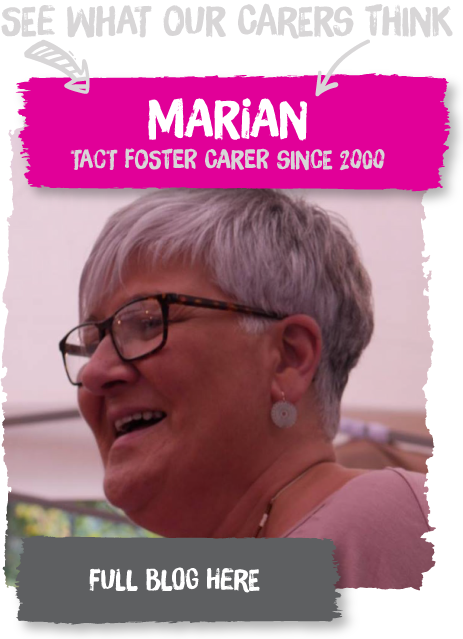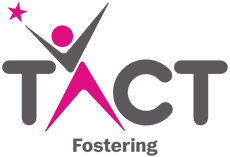Introductory Training: Skills to Foster
Your training with TACT is encouraged right from the start of the process. Before you are even an approved foster carer with TACT, you will be invited to join our Skills to Foster course. This course is taken virtually, and here at TACT we’ve streamlined our course to run over just two days. We also have evening and weekend course dates available.
Skills To Foster is hosted by one of our Social Workers, along with an existing TACT foster carer.
The course will give you more detail about your role as a foster carer, the expectations of you and your family and some of the other people that you will be required to work with, such as the child’s family, their social worker and other professionals.
During the course you will explore the practical, day-to-day skills that all foster carers need, based around 6 key themes:
- The role and responsibilities of foster carers
- The importance of identity and the impact of life changes on children
- Working with others to support the needs of children in care
- Understanding and managing behaviour
- Safer caring
- The importance of stability and supporting transitions

“When young people come back and tell us we were the only ones who ever believed in them, it really puts a lump in our throats. Even though we’ve been fostering for 17 years, the training is always worth our time and we learn something new at every event, which benefits us and the young people we care for greatly.”
Annual Training Plan
Shortly after approval you and your social worker will discuss your development needs and put together a plan of what you’ll learn, in the first year this is likely to focus on your induction plan and fostering changes.
You will review your plan with your social worker every year and we’ll support you with ongoing training depending both on your needs and those of the children or young people in your care.
Learning can be accessed in many ways; it could be in house, one-on-one with your social worker or online, depending on what works best.
Fostering Changes
As a TACT foster carer you will be required to complete the fostering changes course within a year of being approved. This course was designed by childcare experts in response to requests from foster carers for more practical ideas and help in looking after children.
The course is usually delivered over 12 weeks. It is intended to help you develop confidence and practical fostering skills, which will equip you to deal with some of the most complex of placements. During the course you will explore the following topics:
- How children thrive
- Behaviour, attachment and social learning theory
- Needs and behaviour
- Positive attention
- Communicating with looked after children
- How to create a good learning environment
- Expressing feelings
- Giving instructions and ignoring
- Discipline
- Time out and problem solving
- Facilitating positive endings
- Relaxation and moving forward







